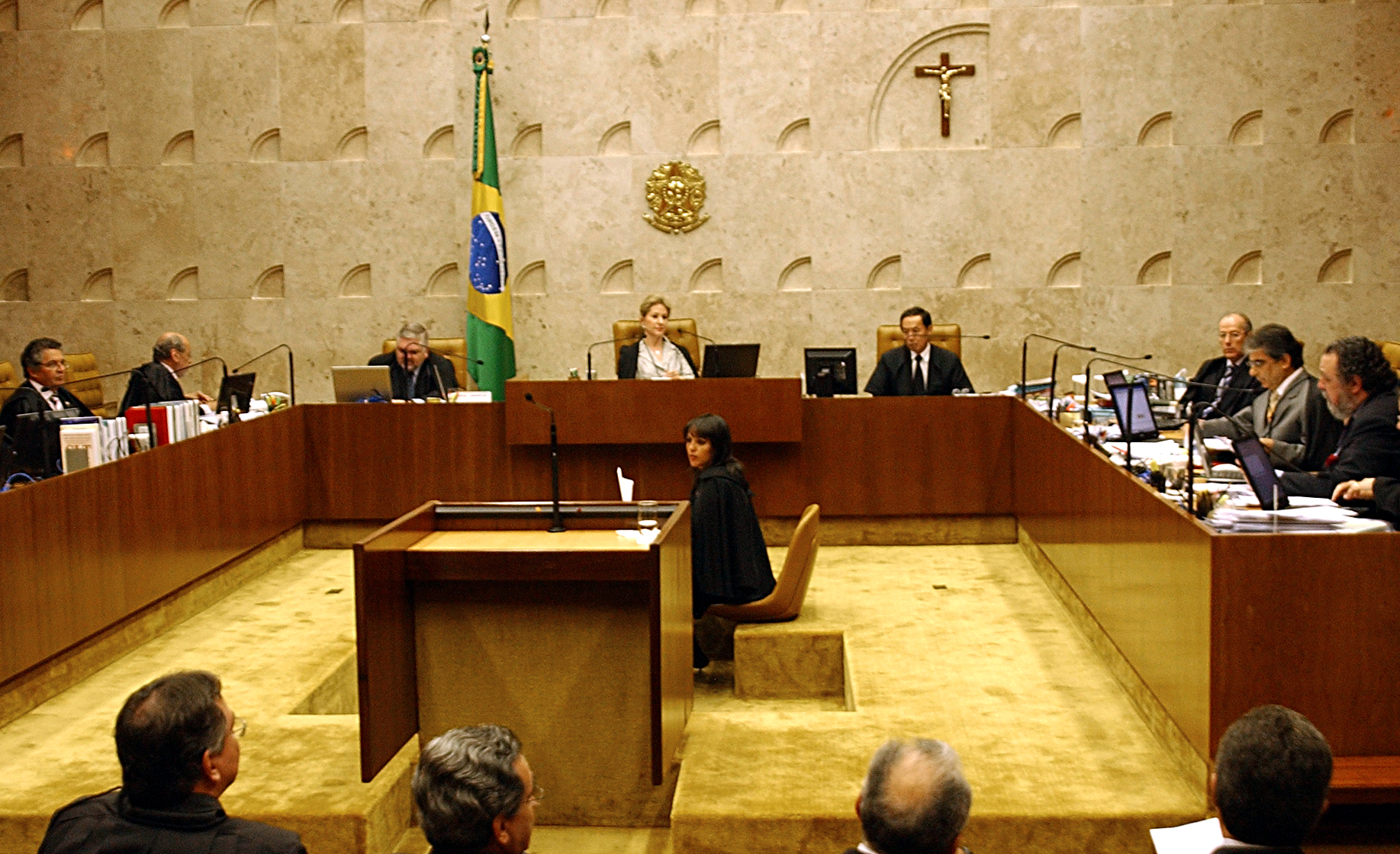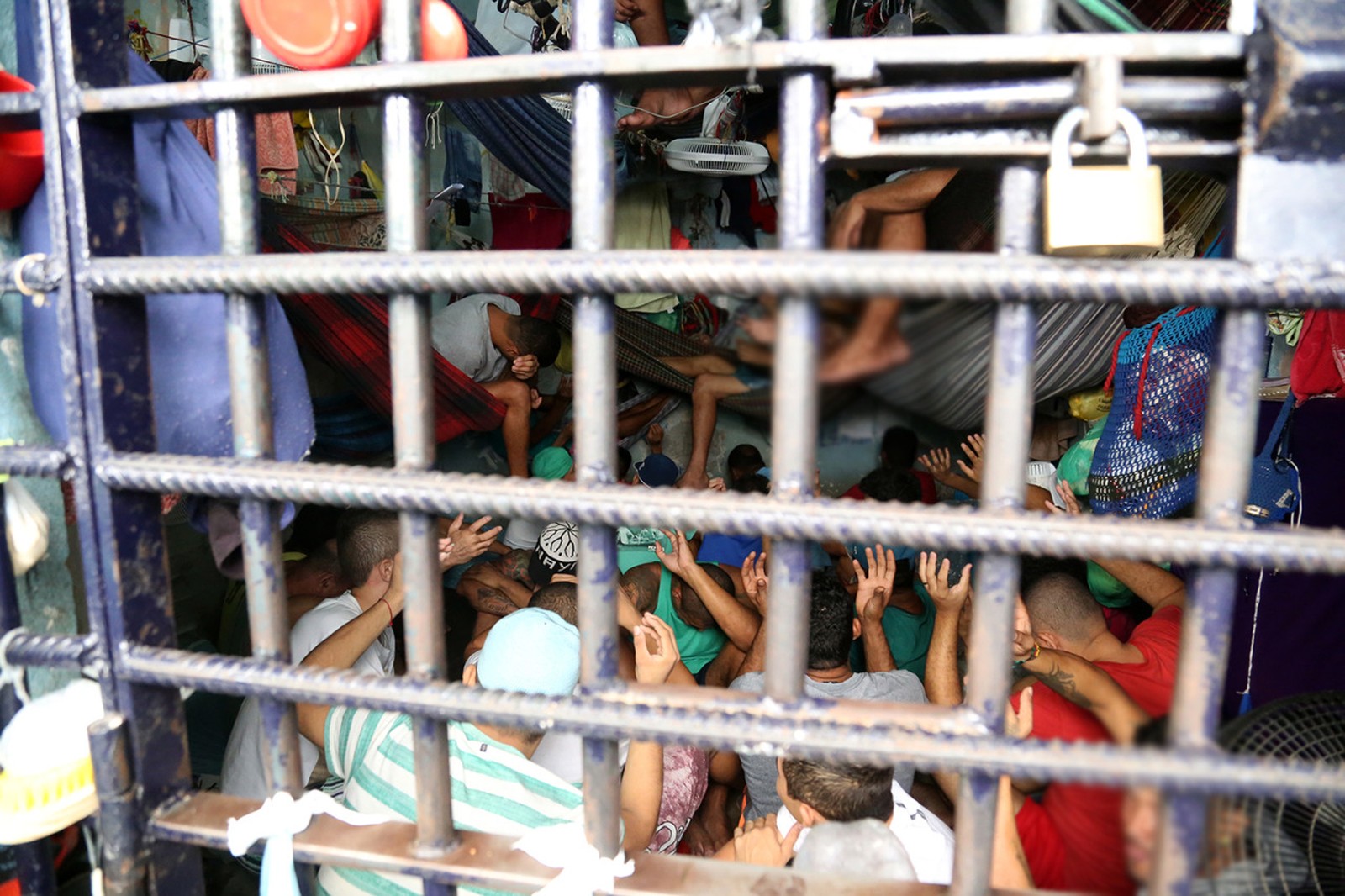Incoming International Development PhD candidate, Ritika Arora argues that the metrics which measure how a country responds to threats of various kinds, should hold greater value in evaluating a country’s position of power, vis-à-vis their ability to attack and defend in traditional warfare, or their GDP.

I recently found myself in conversation with a colleague about the inevitable shift in perceptions of power underpinning the international political economy, following the surge of COVID-19. Whilst I suggested that given their dysfunctional response to the crisis and several internal affairs, the dominance of the United States may come into question, I was counteracted with “but the United States will always have the most powerful military and economy in the world, it could never lose its global supremacy“.
That was their argument: A powerful military and wealthy economy.
For the common person, a nation which boasts an ‘exceptional’ economy and technologically advanced weapons of warfare, is often perceived as one which has the capability to excel and outcompete other states; those with smaller militaries, an absence of nuclear arms and smaller economies, arguably exude relatively less authority on the world order. Similarly, in a ranking of 2020’s ‘Most Powerful Nations on Earth’ published by US News and World Report, in which the United States tops the list followed by Russia and China, the influence of nations is still corroborated using the metrics of economic supremacy and military power. The over-reliance on these factors, and the lack of critical attention directed towards public healthcare and equitable social safety nets, is perhaps what has led us to this pandemic.
This forces us to question: Is this truly in which a nation’s power lies?
The novel coronavirus has demonstrated how a sub-microscopic agent has the power to halt the largest economies in the world, even – or perhaps even more detrimentally – the ‘most powerful nations on Earth’. By associating the current global experience to that of wartime and labelling it ‘an invisible killer’, we are made to believe that this virus has ripped through nations, claiming close to half a million lives globally, devastating economies and restricting our access to anything but basic necessities. Healthcare systems have been overburdened and compelled to operate with limited resources, and students’ right to education and socio-psychological development in schools has been withdrawn. Hence, COVID-19 has arguably been one of the most detrimental global occurrences in a generation.
However, is Sars-Cov-2 truly the ‘invisible killer’ we should be attributing these disastrous outcomes to?
The sclerotic governance demonstrated by various ‘powerful’ nations – parading stout militaries and exceptional economies is perhaps the larger threat we must become more conscious of. Whilst the novel coronavirus is, without a doubt, a critical aspect of our world’s history and future, the fatality and destructiveness of the virus varies significantly across different parts of the globe. Various cultural and economic perspectives provide valuable insights into this; however, social and political ideology has played an instrumental role in governing the magnitude of this virus, and this needs to be assessed.
By rendering technologically advanced weapons and entire supply chains redundant in some of the most powerful nations across the world, the virus has exposed the fallacy and fragility of how ‘power’ has previously been defined – as we observe a handful of these countries struggling to control the contagion and disproportionately losing innumerable lives.
Why?
For decades, accessible public healthcare has empirically and theoretically been promoted as an instrumental pillar for any country’s economic and social development. However, whilst leaders across the world are certainly aware of these fundamentals, numerous conservative states have flouted the criticality of universal health coverage in driving the nation and supporting ‘the economy’. Previously, threats of disaster in relatively ‘developed’ parts of our world have primarily been perceived as economics-driven, an act of terrorism or warfare, or climatic calamities. An American, for instance, is likely to display some sense of security should these threats arise because they believe that certain procedures are institutionalised to mitigate any devastating impact. However, COVID-19 has exposed numerous nations’ greatest weaknesses and the substantial internal threat which – albeit pre-existed – many of us have often overlooked and evaded: The flawed and disparate governance of critical public services – particularly healthcare and social safety nets in times of crisis.
It has effectively taken a pandemic for people to consider that power, influence and triumph does not only transpire from parading a stout military or having one of the highest rates of GDP growth in the world. Rather, equivalent – if not greater – resources must be directed towards creating a vigorous social, political and economic environment in which a state response can be enacted swiftly, rationally, and most importantly – inclusively.
Whilst few cast doubts on whether the United States would be able to defend itself on various other occasions, the world is increasingly beginning to question why, like various other ‘powerful’ and ‘wealthy’ nations in the world, was the state not able to defend its citizens from this pandemic?
Weak Investment in Public Healthcare and Social Safety Nets
The lack of investment in public health infrastructure and flawed governance of healthcare systems has pressed doctors and hospitals across the world to “scramble for items essential to help those stricken by the virus and protect medical professionals”. Likewise, health centres across the world continue to report that they lack sufficient personal protective equipment for their staff – a number of whom have woefully resorted to using disposable ponchos and garbage bags as shields.
At the peak of the pandemic we reached a point where the value of one’s life was decided on the basis of how ‘likely’ they were to survive, and subsequently witnessed large numbers of patients being denied their right to treatment – since the healthcare capacities of numerous nations were unequipped to deal with treating all those who required care. In the US alone, 15 million people reported that they, or a family member, “have been denied care due to heavy patient volume brought on from the coronavirus outbreak”.
Moreover, with the distressing costs of COVID-19 treatment (estimated to be over $20,000 per person) being inflicted on patients, the financial burden has discouraged many citizens, particularly those who are uninsured or from low-income communities, from pursuing medical care entirely. A recent study found that 1 in 7 Americans would avoid seeking medical care if they experienced COVID-19 symptoms because they are anxious of the financial costs associated with treatment.
When states are reluctant to universalise access to basic healthcare or devise adequate social safety nets– even in such times of crisis – can citizens truly feel ‘protected’? It is 2020 – over 100 years since the 1918 pandemic – and as a global community, we have witnessed the unwarranted loss of thousands of lives, too often because many were not able to afford or access tests and treatments. Consequently, with restricted access to affordable health care, fragile social safety nets and their inability to avail sick leave due to socioeconomic constraints, citizens are likely to continue to spread the virus and inadvertently worsen their own wellbeing, the health of the nation, and the state’s ability to control the contagion.
This forces a question many of us have previously been guarded from: We may be citizens of ‘powerful’ nations, but do we trust our governments and institutions enough to mobilise a collective response to our next unprecedented challenge?
Consequently, when discussing how influential or powerful a nation is, our questions must be revised, and the world order be redefined in a way that positions states which invest in critical services for their people, as the most ‘influential’ nations. The metrics which measure how a country responds to threats of various kinds, should hold greater value in evaluating a country’s position of power, vis-à-vis their ability to attack and defend in traditional warfare, or their GDP.
The illustration of the ‘invisible killer’ currently being drawn for us, is one we should reimagine. Has the novel coronavirus given birth to grave disorder, or have we only just been exposed to an obstinate system that had been brewing in our political institutions all this while?





